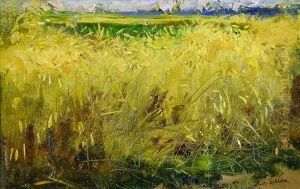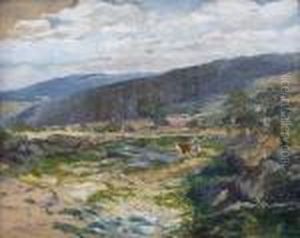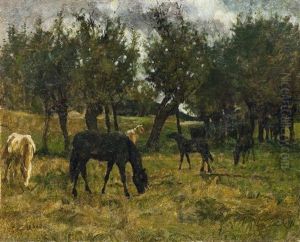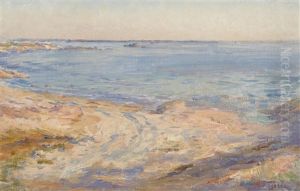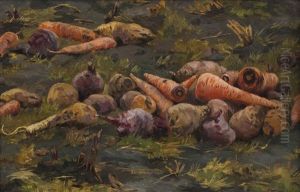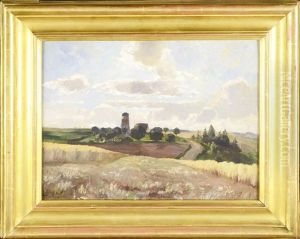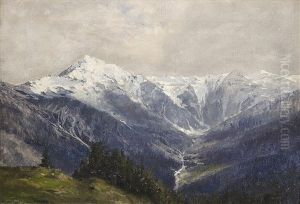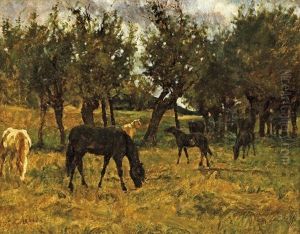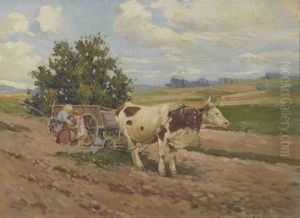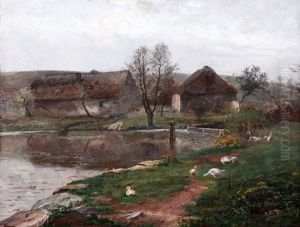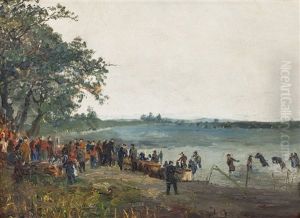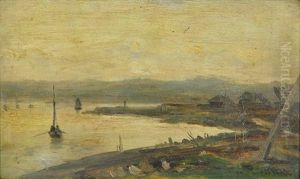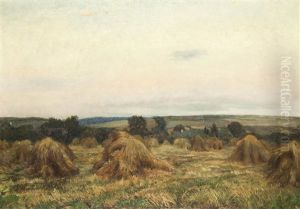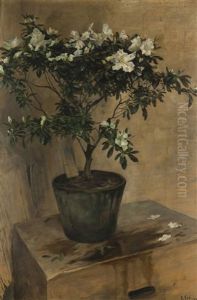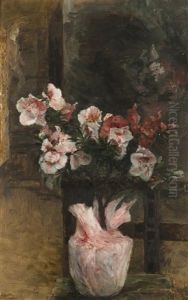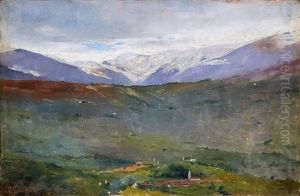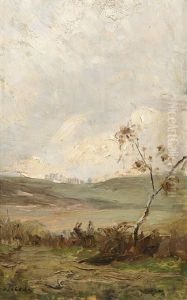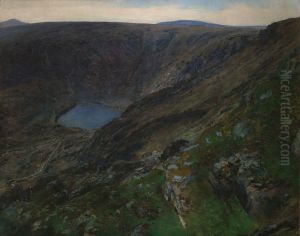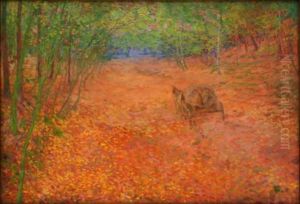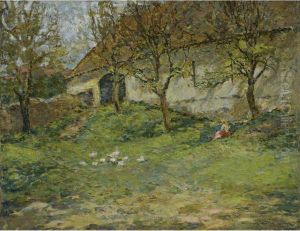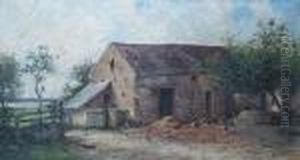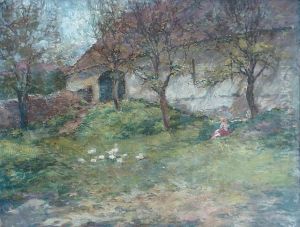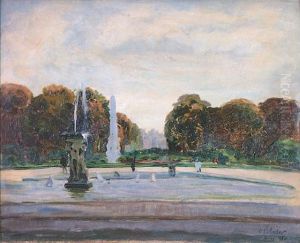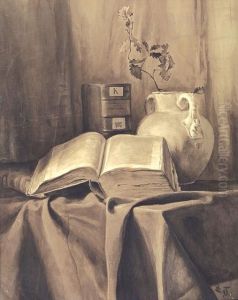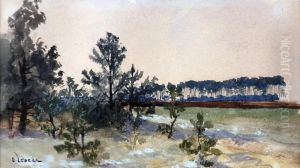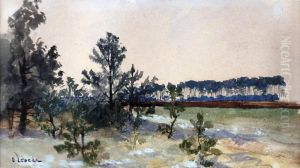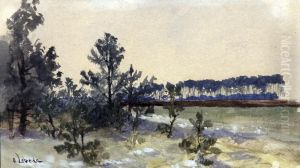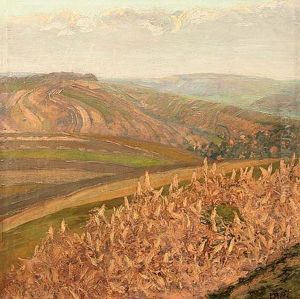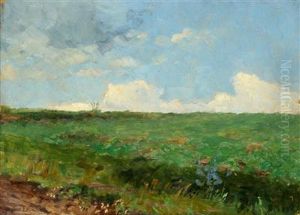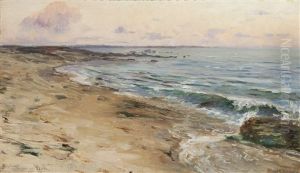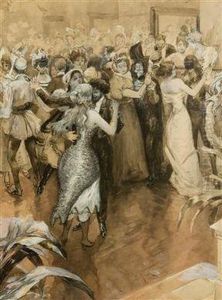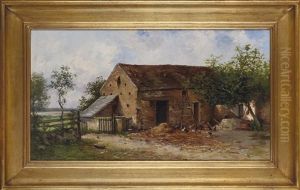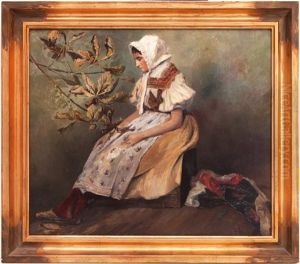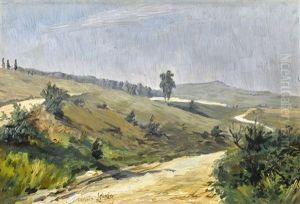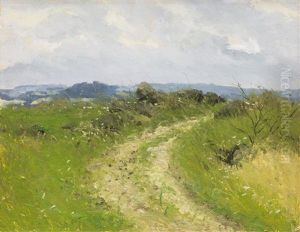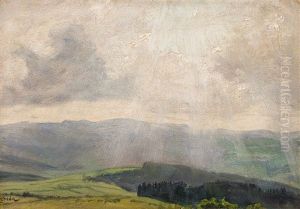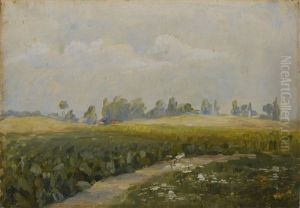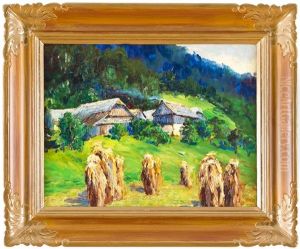Otakar Lebeda Paintings
Otakar Lebeda was a Czech painter, known for his contributions to the local art scene in the late 19th and early 20th centuries. Born on May 1, 1877, in Prague, which was then part of the Austro-Hungarian Empire, Lebeda showed an early talent for painting. He studied at the Academy of Fine Arts in Prague under the guidance of renowned Czech artists, such as Maxmilián Pirner and Vlaho Bukovac. Lebeda's work was influenced by impressionism, a movement that was gaining popularity throughout Europe at the time.
Despite his short life, Lebeda's work demonstrated a remarkable maturity and depth. His landscapes and genre scenes were particularly notable for their expressive use of color and light, as well as their emotional depth. He often explored themes of nature, rural life, and human introspection, reflecting a sensitivity to the world around him.
Lebeda's career was tragically cut short when he died by suicide at the age of 23, on June 17, 1901. His early death meant that his artistic potential was never fully realized, but his existing works have been celebrated posthumously. They provide insight into the burgeoning modernist tendencies in Czech art at the turn of the century. Lebeda is remembered as a talented young artist who made a lasting impression on the Czech art scene, despite his brief career.
